ICFAI University Tripura LMS
-
Welcome to your Moodle site
Now, you are in control!
Here are some links of interest:
Available courses
- Teacher: Prasanjit Dasgupta
- Teacher: Prasanjit Dasgupta
- Teacher: Ankita Patra
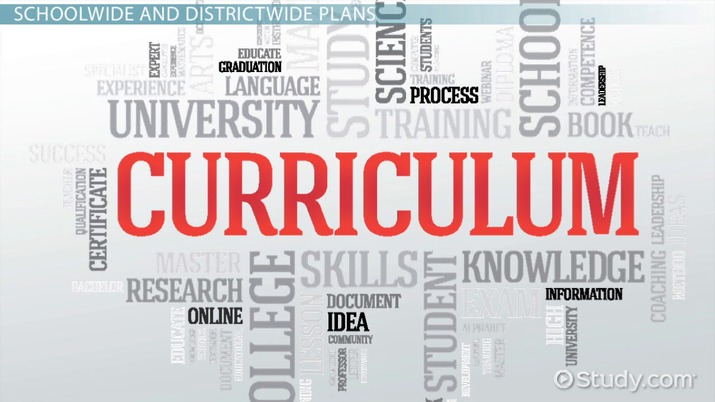
Dear All,
Greetings of the day!
This subject refers to learn and reflect on Curriculum development, Assessment and Execution in the respective field.
- Co- Teacher: Susmita das
- Co- Teacher: Dr. Priyank Kumar Shivam
- Teacher: Susmita das
- Teacher: priyan km
- Teacher: priyan km
- Teacher: Dr. Bheem Pad Mahato

Dear all,
Greetings of the day!
Happy New Year 2025!
Please attend this course for better understanding of Professionalism in Teacher Education Programme.
- Teacher: Dr. Priyank Kumar Shivam

This course refers to deal about school management in different context. It also focuses on classroom management, administration, staffing, planning, management at all the levels of school.
- Teacher: priyan km
- Teacher: Dr. Priyank Kumar Shivam
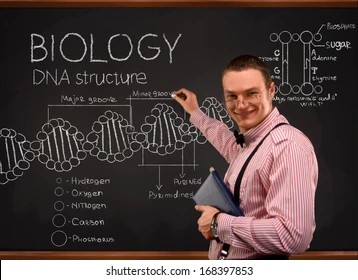
Dear All,
Greetings of the day!
HAppy New Year 2025!
Please read this subject for understand how to teach Biology at school level. Different methods of teaching, Assessment and evaluation process will be discussed in this course.
- Teacher: Dr. Priyank Kumar Shivam

Learning Objectives:
- Understanding Medical Laboratory Science: Gain in-depth knowledge of medical laboratory techniques, including hematology, microbiology, biochemistry, and pathology.
- Diagnostic Skills: Understand disease mechanisms and diagnostic approaches through laboratory testing.
- Research and Development: Develop a foundational understanding of research methodologies and innovation in laboratory sciences.
- Teacher: Madhab Debnath
The students will be exposed to newer experiments. They will learn about Indications of Dialysis. History & types of dialysis. Basic understanding about Hemodialysis and Peritoneal Dialysis. Learn the mechanism of functioning and management of hemodialysis and peritoneal dialysis machines. To learn about adequacy and withdrawl of Dialysis.
- Teacher: Sourav Roy
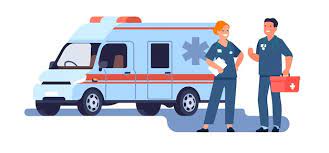
TRhis course emphasizes hand-on training in life-saving techniques,including CPR,wound care,immobilization and rapid patient assessment,preparing participants for real world emergency situation
- Teacher: Paramita Bhowmik
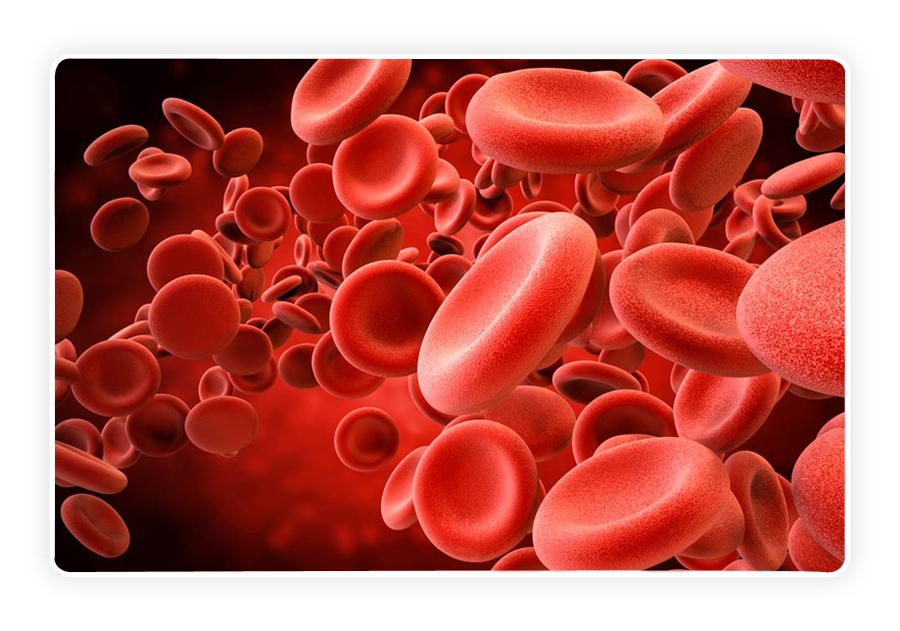
This course will help the students to learn about the advance techniques and procedures involved in Haematology.
- Teacher: Mohali Majumder

Virology is the study of viruses. Viruses are minute, non-living entities that copy themselves once inside the living host cells. It is a subfield of microbiology that focuses on their detection, structure, classification and evolution, their methods of infection and exploitation of host cells for reproduction, their interaction with host organism physiology and immunity, the diseases they cause, the techniques to isolate and culture them, and their use in research and therapy.
- Teacher: Dr. Rajiv Kumar Mondal
OBJECTIVES:
- Explain the principles of language teaching, and evolution and trends in English literature.
- Prepare an instructional plan in English.
- Adapt various approaches and methods to teach English language.
- Use various techniques to evaluate the achievement of the learner in English
- Teacher: Susmita das

Medical Record Science course typically focuses on the management, organization, and analysis of medical records within healthcare settings. The course equips students with the knowledge and skills necessary to handle patient information in compliance with legal, ethical, and technical standards.
Aim and objective of the Course: To provide students, a detailed knowledge about medical records and other healthcare documentations.
Course outcome: Familiarize the student with health record management.
- Teacher: Nayana Bhowmik
- Teacher: Arundhathi Bai
- Teacher: Dr. Swarnali Nath Choudhury
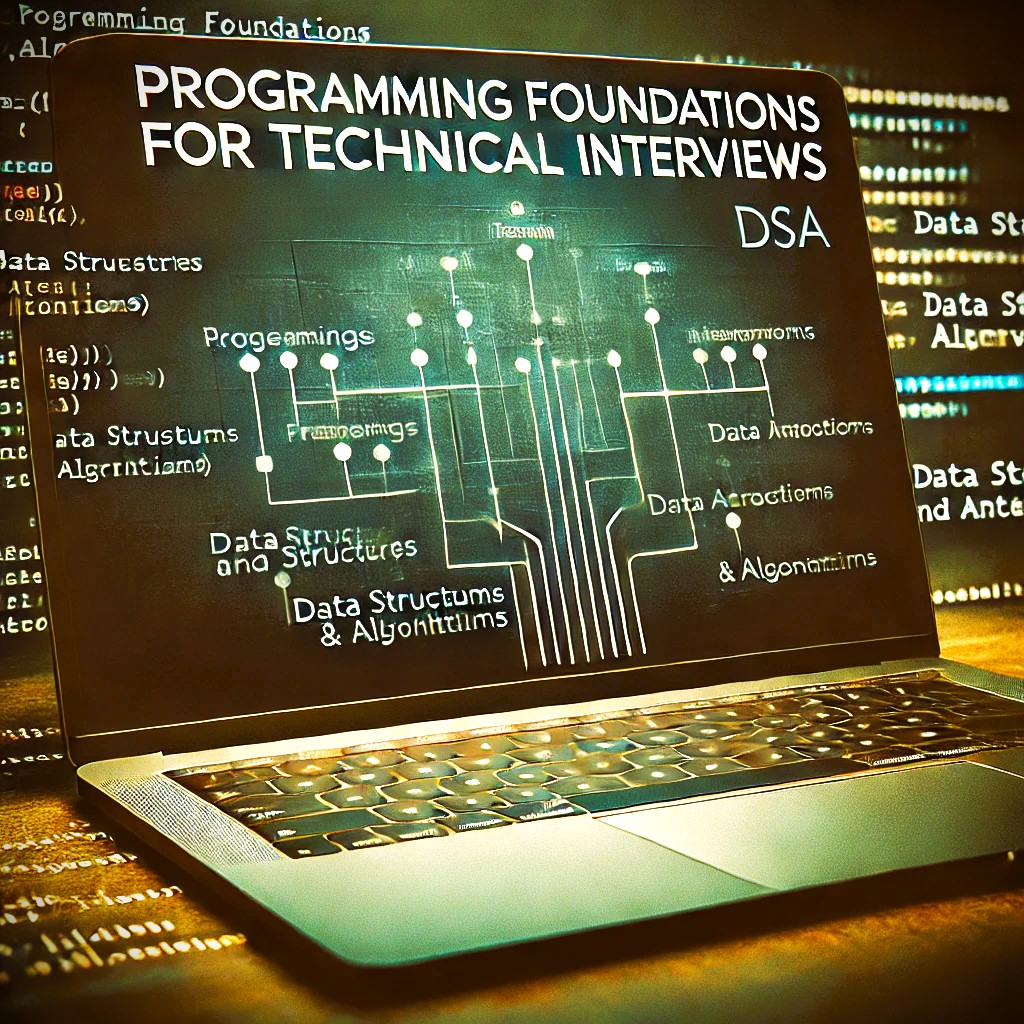
This course is designed to introduce students to the fundamental principles of programming, providing a comprehensive understanding of what programming is and the role of programming languages. Students will learn essential concepts such as loops, data input and output, stepwise refinement, functions, control structures, and arrays.
A key emphasis of this course is on problem-solving, with a focus on developing well-structured algorithms. These skills are not only foundational to understanding programming but are also critical for success in competitive programming. The course is structured to equip students with the necessary tools and techniques to approach and solve complex problems efficiently.
By the end of this course, students will have a solid foundation in programming concepts and will be better prepared to excel in placement exams and secure positions in reputable companies. The course is particularly beneficial for those aiming to enhance their problem-solving abilities and succeed in competitive programming environments.
- Teacher: Pradipto Chatterjee

Microbiology is a subject which deals with the study of microscopic organisms. It explores with their cellular structure, function, genetics, and their interactions with plants, animals, and the environment. Microbiology is vital for understanding infectious diseases, biotechnology, environmental processes, etc., including our well being.
This field contributes to medical advancements, vaccine development, and industrial applications like fermentation and bioremediation. Through research and innovation, microbiologists address global challenges such as antimicrobial resistance, emerging pathogens, and sustainable practices. A blend of laboratory techniques and theoretical knowledge makes microbiology essential for science, healthcare, and industry.
In this course, we will explore the classification of microorganisms, their morphology, growth cycle, different methods of sterilization and sanitization, pathogenesis, resistance, treatment and management.
This field contributes to medical advancements, vaccine development, and industrial applications like fermentation and bioremediation. Through research and innovation, microbiologists address global challenges such as antimicrobial resistance, emerging pathogens, and sustainable practices. A blend of laboratory techniques and theoretical knowledge makes microbiology essential for science, healthcare, and industry.
In this course, we will explore the classification of microorganisms, their morphology, growth cycle, different methods of sterilization and sanitization, pathogenesis, resistance, treatment and management.
- Teacher: Biraj Sarkar

This course covers the basics of bio physics,uses,calibration of different instruments used in cardiac care technology e.g sphygmomanometer,pulse oximeter,pacemaker,Electrocardiograph,defibrillator etc which will enable the student to identify,understand and handle and calibrate the instruments and machines regularly.
- Teacher: Sutapa Debnath

The course outlines the basic psychological processes involved in understanding or using language, spoken or written, required to listen, speak, read, write, spell, or do mathematical calculations. It also highlights the signs and symptoms of difficulties in children's academic progress. The course will help trainee teachers to assess, identify, and design suitable curricular adaptations and teaching strategies for children with specific learning disabilities.
- Teacher: Madhurenu Basu
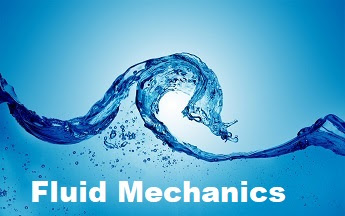
This introductory course on Fluid Mechanics and
Fluid Machines covers the basic principles of fluid mechanics and equations of
conservation of mass, momentum and energy in the context of numerous and
diverse real world engineering problems. Closed conduit of flow and measurement
of flow.
- Teacher: Pritam Majumder
This course will focus on teaching Biology at the school level. It also highlights the different approaches, strategies, methods, and techniques in teaching biology. It focuses on preparing the unit plan and year plan, delivery of the lesson, and different micro-skills.
- Teacher: Dr. Priyank Kumar Shivam
This course is mostly created to know the role and
responsibilities as a social studies teacher.
- Teacher: ARNAB CHOWDHURY

Course Outcomes: On completion of this course the students will be able to:
· Understand the meaning, scope and functions of concepts of education and psychology
· Analysis personality development in the framework of various theories.
· Know the concept of intelligence and uses of its test
· Discusses learning in terms of different theories.
- Teacher: Kalitoli K Chishi

- Teacher: Susmita das
Course outcomes: After completing the course students will be able to:-
- Realise importance and role of family in rehabilitation of children with ID
- Develop insight into various Psycho-social issues and their impact on rehabilitation on PwID, misconception and social practices and develop based approach.
- To realize importance of family involvement in rehabilitation process by forming parents self help group and parent association.
- Understand various Adolescent related issues and challenges their implication for rehabilitation of PwIDs and to explore probable employment opportunities for them.
- Comprehend role of community and community participation and models, advantages/ disadvantages of CBR programme for PwIDs.
- Teacher: Rose Mary
Course Objectives: This course will enable students to:
CO1-Acquaint with the nature and scope of Bengali language.
CO2-Learn about ancient Bengali literature.
CO3-Bengali literary styles of the Middle Ages can be gained.
CO4-Can get an idea of 19th century Bengali literature.
CO5-Will be able to acquire knowledge of 20th century Bengali literature.
RBT: 1- Remembering, 2-Understanding, 3-Applying, 4-Analyzing, 5-Evaluating,
- Teacher: Mahadeb Mandal
Course Objectives: This course (ELC507) will enable students to:
CO1: To know the history of Counseling in India.
CO2: Understand various techniques adopted for Counseling. CO3: Analyze the relationship between Guidance and Counseling. CO4: Understand the role and function of Counselors.
CO5: Understand the various Techniques adopted for Counseling.
- Teacher: Mahadeb Mandal
This subject deals primarily with the basic principles to understand the structure and reactivity of organic molecules. The course also provides an introduction to the chemistry of aliphatic hydrocarbons (cyclic and acyclic), aromatics and their stereochemistry. Emphasis is on substitution, elimination and addition reactions and mechanisms. The course objectives are -
- To skill the students about Predicting the bond angles in a molecule, calculating bond orders.
- To enable the students to identify alkanes, alkenes, alkynes, and will be able to prepare these.
- List some properties of hydrocarbons, use them for industrial application and hence these will enhance the students’ employability opportunities.
- Teacher: Dr. Swarnali Nath Choudhury

This course aims to provide e-Based learning platform for learners to read, understand and analyze by himself/herself. The course also emphasis on datacomputation software, manual and use to analyze the data for research or any computational work.
- Teacher: Dr. Priyank Kumar Shivam

The course covers the concept areas of Educational Planning, Management, Curriculum Designing, and Educational Research. The in-depth knowledge of the components of educational planning and management would help the trainee-teachers to become effective teachers.
- Teacher: Madhurenu Basu

This course focused on psychological behavior of human. It also emphasis on learning and development about child, growth and development, child learning process, personality, creativity & intelligence and mental health
- Teacher: Dr. Priyank Kumar Shivam
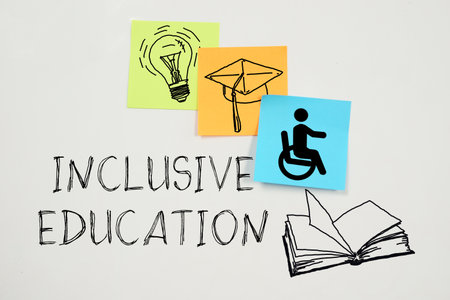
Inclusion should be viewed as a value, a set of humanistic beliefs that have been
enshrined in our constitution. Indian constitution clearly reflects that all
individuals irrespective of caste, class, gender, and ethnicity are valued members
of society.
According to UNESCO, inclusion "is increasingly understood more broadly as
a reform that supports and welcomes diversity amongst all learners." Under this
broader definition of inclusion, steps should also be taken to eliminate
discrimination and provide accommodations for all students who are at a
disadvantage because of some reason other than disability
- At the end of the unit you should be able to:
- Explain the meaning and concept of inclusion
- Explain the meaning of caste, class, gender, and disability
- Explain the need of inclusion in education
- Explain the need of inclusion of caste, class, gender, and disability
- Perspectives in education
- Describe contextualization of curriculum for the inclusion of caste and class,
- Gender and disability perspectives
- Appreciate the idea of inclusion for a cohesive society
- Teacher: JYAKY JAMATIA
This course will create a sense of awareness how social study will impact on the lifestyle of students
- Teacher: ARNAB CHOWDHURY
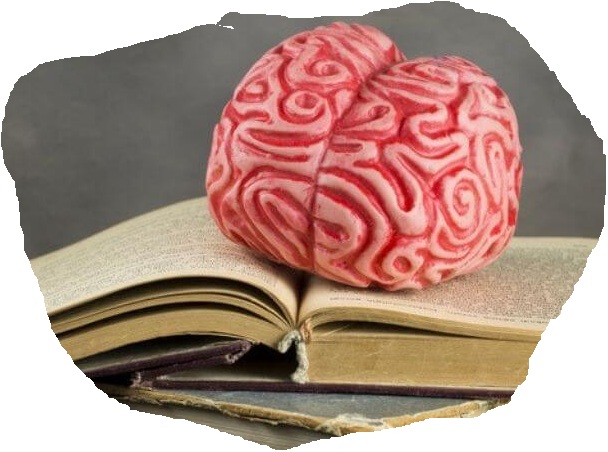
Psychologists working in the field of education study how people learn and retain knowledge. They apply psychological science to improve the learning process and promote educational success for all students.
*https://www.google.com/search?q=educational+psychology&rlz=1C1GCEB_enIN969IN969&oq=educational+&aqs=chrome.1.69i57j69i59j0i19i512l8.5345j0j15&sourceid=chrome&ie=UTF-8
- Teacher: priyan km
- Teacher: Laxmisree Thakur
- Teacher: Mahadeb Mandal
- Teacher: Dibya Jyoti Sinha
- Teacher: Arundhathi Bai
- Teacher: Laxmisree Thakur
This course refers to equality and access among the genders at the school level and society level.
- Teacher: Dr. Priyank Kumar Shivam
- Teacher: Bheem Pad Mahato
- Teacher: Dr. Bheem Pad Mahato
- Teacher: Bheem Pad Mahato

This course reflects about teacher education process their teaching in real classroom and how to enhance professional development during service. It also discussed about different methods of adjustment at work place.
- Teacher: Dr. Priyank Kumar Shivam

This course focus on how to teach Biology at school level. It also deals about different method, approaches, strategies to teach in a classroom effectively. It also focuses on innovative teaching practices and assessment process in a classroom.
- Teacher: Dr. Priyank Kumar Shivam
- Teacher: Susmita das
- Teacher: IUT Moodle Admin

- Teacher: Arundhathi Bai
- Teacher: priyan km
- Teacher: Arundhathi Bai
- Teacher: priyan km
- Teacher: Laxmisree Thakur
- Teacher: Biswajit Chakraborty
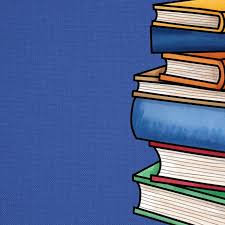
- Teacher: Arundhathi Bai
Pedagogy
Type - Core
Credit- 3
Level - B.Ed
- Teacher: Bheem Pad Mahato
- Teacher: Dr. Bheem Pad Mahato
- Teacher: Mahadeb Mandal
- Teacher: Dr. Priyank Kumar Shivam
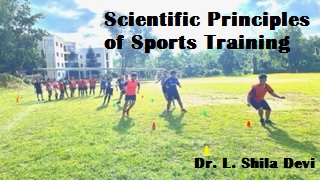
Sports training: Definition – Aim, Characteristics, Principles of Sports Training, Over Load: Definition, Causes of Over Load, Symptoms of Overload, Remedial Measures – Super Compensation – Altitude Training – Cross Training
- Teacher: Dr. Shila devi Laishram

This course introduces the basic concepts of Anatomy and Physiology. It will provides detailed knowledge about all body parts, their nature and functions. This helps the player to adopt good, safe and healthy use of body.
- Teacher: Tapasjit Rajkumar
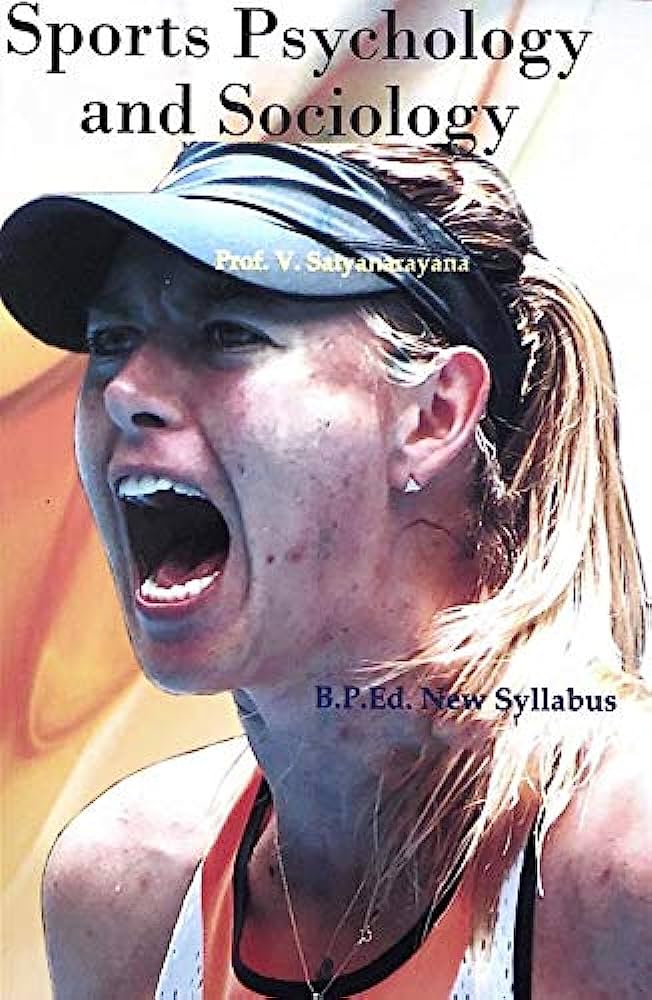
The
course covers different areas of psychology and sociology of sports such as Psychology; Sports Psychology; concept of Learning,; motivation; arousal and anxiety. At the end of each unit, there are Tutor-Marked Assignments that constitute integral part of your evaluation. Other areas include Sociology of Physical Education & Sports; Social Significance of Sports; Social Theories of Sport; Sports as Socializing Agency; Social Phenomenon and Sports & Socialization.
- Teacher: RANJANA SINHA
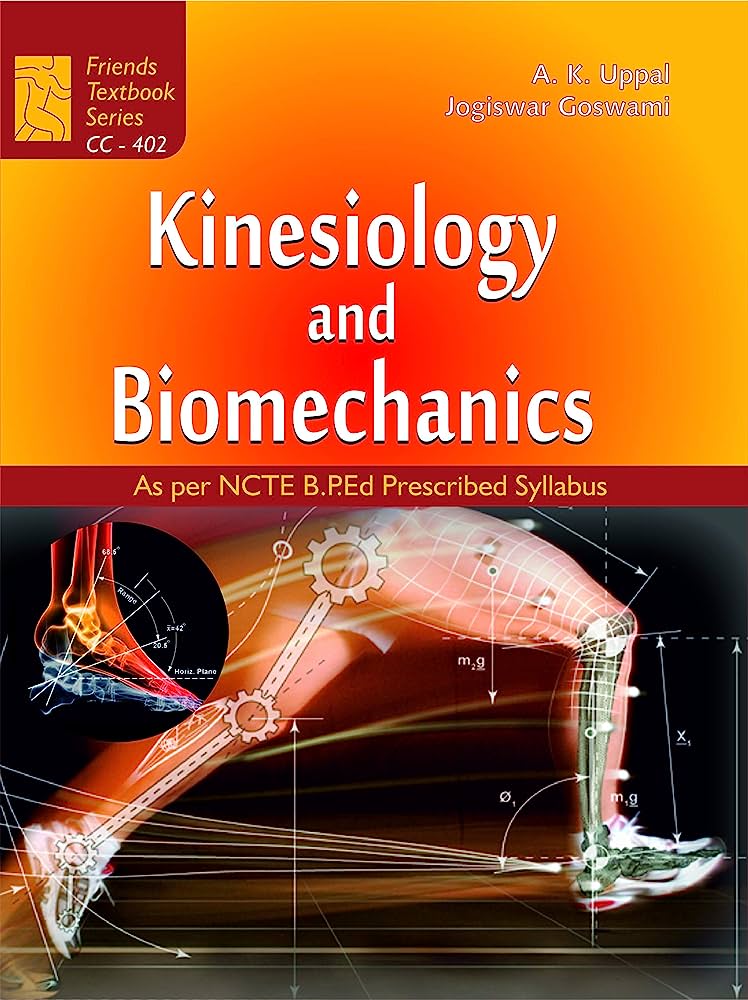
This course introduces the assessment of human
movement, performance analysis and occupational therapy program. The scope of kinesiology and biomechanics is very wide.
Facilitator
Mr. Laxmindar Debnath
Assistant Professor
Faculty of Physical Education and Sports
ICFAI University Tripura
- Teacher: Laxmindar Debnath

A test is a tool that is used to evaluate the skills, performance, and reliability of the task completed by a sportsperson. Measurement is the collection of data about performance or tasks completed by a sportsperson by using a test.
- Teacher: Amit Dhar
- Teacher: Arundhathi Bai

This course deals with the concept and importance of administration, supervision andorganization in physical education. It also includes the concept of leadership and fiscal management.
- Teacher: Mithun Chandra Roy
- Teacher: SUBHRANSU BANDYOPADHYAY
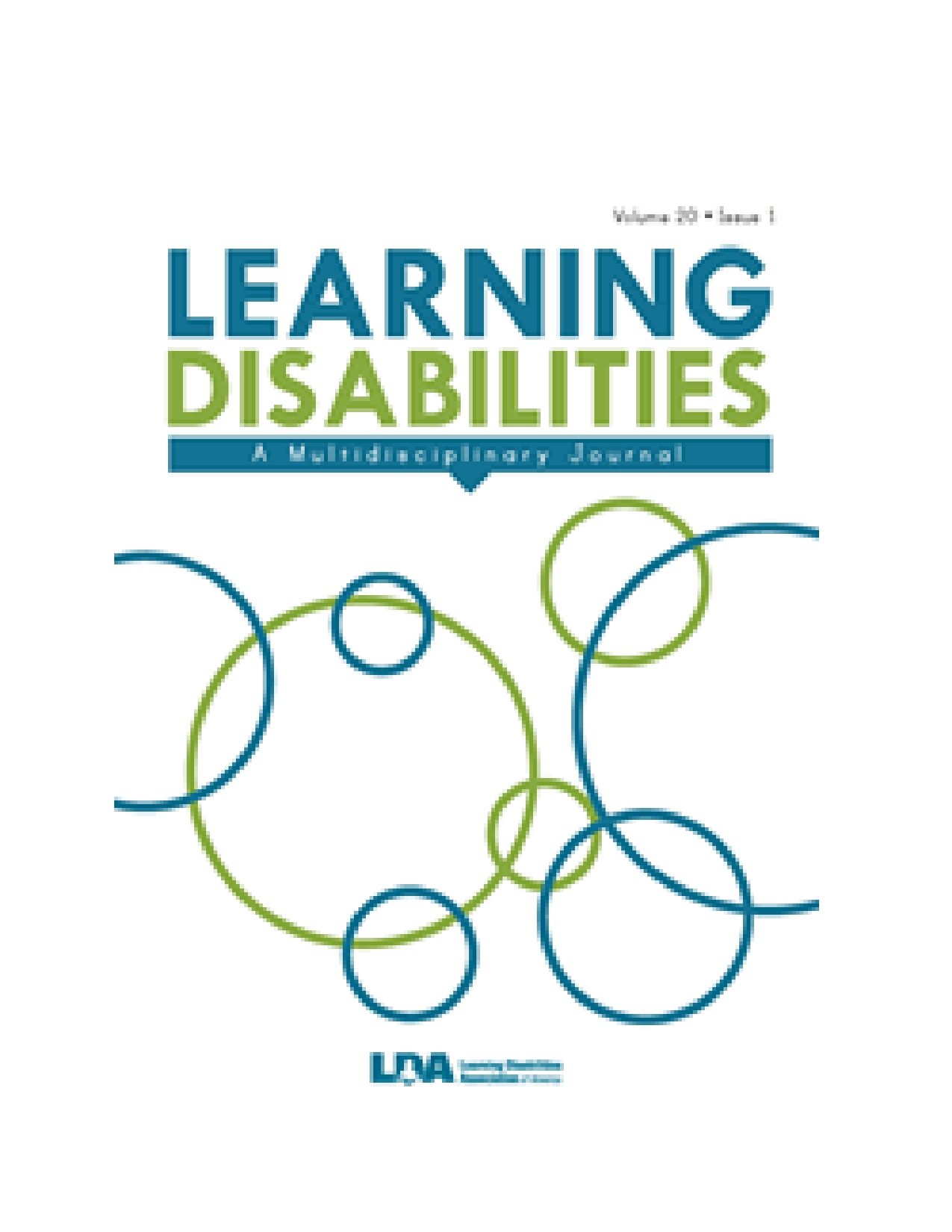
Many children with learning disorders, also called learning disabilities, struggle in school long before being diagnosed. This can affect a child's self-esteem and motivation. Understand how to recognize signs of a learning disorder and what you can do to help your child
Management of Learning Disabilities started from 5/1/20
- Teacher: Madhurenu Basu
This course will initiate student- teachers to understand learning theories and as these translate into teaching and learning actions. Assessment of learning as a continous process is also focused. The course also needs to focus on the PwD as Learner and their special education needs that teacher needs to address in diverse education settings. The objectives of the course are:
- To comprehend the theories of learning and intelligence and their applications for teaching children
- To Analyze the learning process, nature and theory of motivation
- To enable to describes the stages of teaching and learning and the role of teacher
- To situate self in the teaching learning process
- To analyze the scope and role of assessment in teaching learning process in order to introduce dynamic assessment scheme for educational set up towards enhanced learning
- Teacher: Rose Mary
Course Introduction
Electrical Power plays significant role in day-to-day life of entire mankind. This course concerns the generation of conventional and non-conventional sources of energy along with the economic aspects.
Course Outcome
CO1 To get a general introduction on generation of AC power, AC and DC transmission system and different types of distribution system
CO2 To know about the line constants, line spacing of transmission line, preformance of transmission line and their mechanical design. Also understand about the corona effect in the transmission line
CO3 To understand the different types of insulators and different types of cables and their mechanical design.Also to know about the voltage control and its methods which will increase their skill.- Teacher: Dr. Rita Banik
The members of a structure are subjected to internal forces like axial forces, shearing forces, bending and torsional moments while transferring the loads acting on it. Analysis of Structures deals with analysing these internal forces in the members of the structures. At the end of this course students will be conversant with Energy and classical method of analysis.
- Teacher: Dr. Palash Dey
The course proposes to introduce the notions of automata, formal languages, computability, and complexity classes to the students. This course covers basic concepts of formal models of computation and computability. It introduces a hierarchy of machines and languages to capture classes of computable sets. It concludes with a generic notion of computability, and classes of complexity of computable functions.
- Teacher: Subhrajyoti Deb
Scope & Objective of the course: The objective of this course is to develop knowledge about various topics related to the application of hydrology such as Evaporation, Precipitation, Evapo- transpiration, Infiltration, Flood, etc.
Text Books:
T1. Chow, V.T., Maidment, D.R., Mays, L.W., Applied Hydrology, McGraw Hill, 1988.
T2. Todd, D.K., Ground Water Hydrology, Wiley, New York, 1998.
References:
R1. Mays, L.W., Water Resources Engineering, John Willey and Sons, US, 2001.
R2. Haan, C. T., Statistical Methods in Hydrology, Iowa State University Press, 1977.
R3. Maidment, D. R., Handbook of Hydrology, McGraw Hill, 1993.
- Teacher: Subhrajyoti Deb
- Teacher: Srinjoy Roy
To provide the basic concept of cryptography and different encryption techniques. The course also intends to provide the concept of authentication and approaches for computer system and network security.
- Teacher: Sukanya Saha
The machines which are operated in relation with electrical energy are called electric machines or electrical machines. In electrical machines, either input or output or both can be electricity.
- Teacher: Aditya S Sengupta
- Teacher: Arindam Mishra
This course includes introduction Internet of Things
- Teacher: Debarshita Biswas
- Teacher: Bipul Sen
- Teacher: Bipul Sen
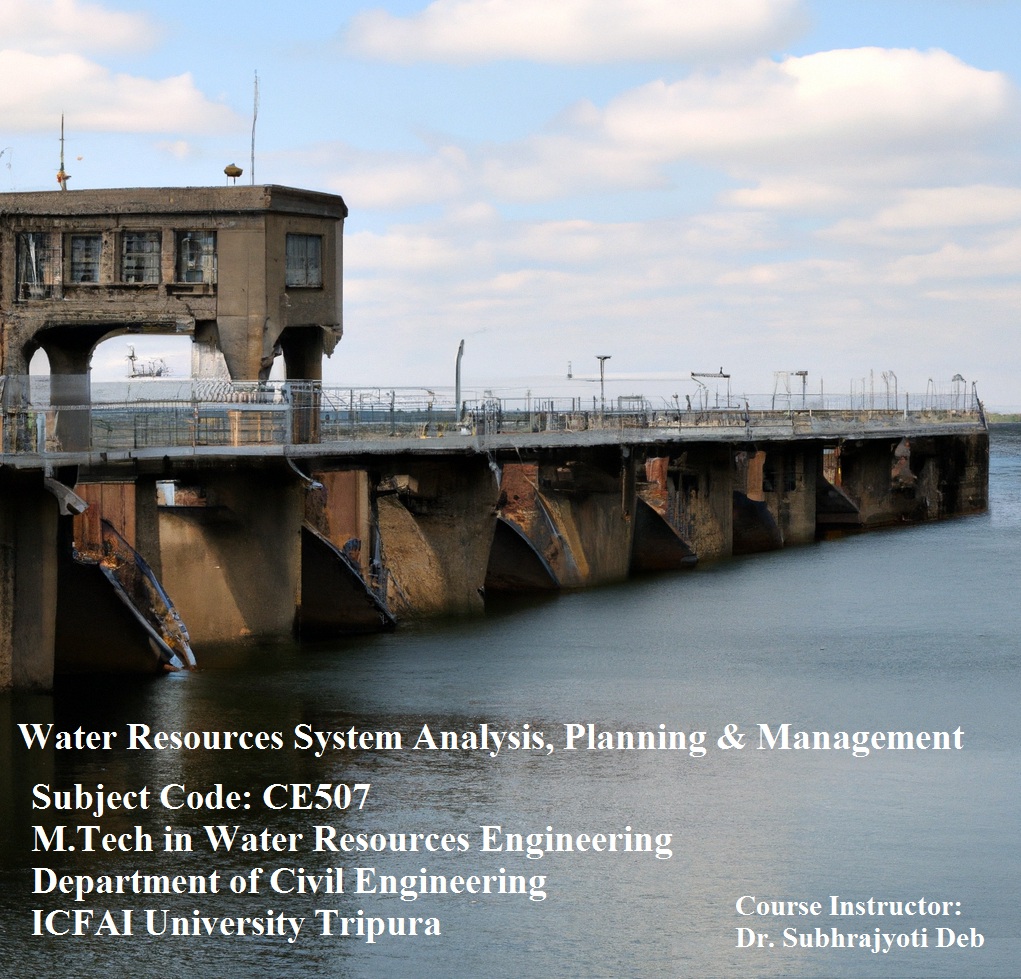
Scope & Objective of the course: The objective of this course is to develop knowledge about various numerical techniques for planning and management of Water Resources such as Methods of Irrigation, Water Requirements of Crops, Reservoir Planning, River Engineering etc. as well as Design and Construction.
Text book(s):
T1: K. Deb., Optimization for Engineering Design: Algorithms and Examples, PHI Pvt Ltd., 1998.
T2: J. S. Arora, Introduction to Optimum Design, McGraw Hill International Edition, 1989.
Reference book(s):
R1: R. T. Hafta and Z. Gurdal., Elements of Structural Optimization, Third Revised and Expanded Edition. Kluwer Academic Publishers 1996.
- Teacher: Subhrajyoti Deb
- Teacher: Dr. Swarnali Nath Choudhury
- Teacher: Satyajit Mondal
Assesment For Learning
- Teacher: Dr. Swarnali Nath Choudhury
This course is offered in the first semester for the MSc in chemistry students. It provides a comprehensive survey of symmetry and structure of different inorganic compounds. It provides a comprehensive knowledge on structure and bonding of inorganic materials. It also gives a brief concept on cause and effect of environmental pollution and some metalloenzymes in bioinorganic chemistry.
- Teacher: Dr. Ganesh Chandra Paul
- Teacher: Dilip Nath
- Teacher: Rakhal Das
- Teacher: Arunabha Saha
- Teacher: Bibhabasu De
Advance Linear Algebra
- Teacher: Mithun Datta
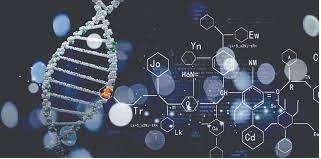
General Biochemistry I is a comprehensive course that explores the fundamental biomolecules essential for life and their roles within the cellular environment. The course is divided into seven units, each focusing on different aspects of biomolecular structures, functions, and their biological significance. The total duration of the course is 45 hours. Throughout the course, students will develop a strong foundation in understanding the structures and functions of biomolecules within the cellular environment. This knowledge will provide a basis for further studies in biochemistry and related fields.
- Teacher: Dr. Swarnali Nath Choudhury
- Teacher: Arunabha Saha
This
course is offered as a discipline specific core course in the first semester.
The course of INTRODUCTION TO INORGANIC CHEMISTRY I includes lectures and
laboratory classes. The program aims to give theoretical knowledge of General
Chemistry and Inorganic Chemistry basics, emphasizing the study of the
properties and reactions of the elements of the Periodic Table. The laboratory
component involves performing experimental preparation techniques on some
important inorganic reagents, applying knowledge acquired in lectures.
- Teacher: Dr. Ganesh Chandra Paul
- Teacher: Soumendra Nath Bandyopadhyay
Discrete mathematics is the study of mathematical structures that are discrete and countable, unlike continuous mathematics, which deals with objects that can change continuously. Discrete objects can be things like integers, graphs, sets, and languages. Discrete mathematics has many applications in computer science, including algorithms, cryptography, and coding theory. It is also used in other fields, such as biology, economics, and physics.
A typical discrete mathematics course will cover a variety of topics, including:
- Logic: This topic covers the basics of propositional logic and predicate logic, which are used to reason about statements and sets.
- Set theory: This topic covers the basics of sets, including operations on sets, such as union, intersection, and difference.
- Counting: This topic covers techniques for counting objects, such as permutations, combinations, and generating functions.
- Relations: This topic covers relations between sets, such as equivalence relations and order relations.
- Graphs: This topic covers the basics of graph theory, including graph properties, graph algorithms, and trees.
- Algorithms: This topic covers the design and analysis of algorithms, which are step-by-step procedures for solving problems.
- Probability: This topic covers the basics of probability theory, which is used to model random events.
- Teacher: Dr. Sayan Chandra Deb
- Teacher: Dr. Swarnali Nath Choudhury
Classical mechanics is the foundation of physics subject. Planetary motion, interaction between two bodies described in the 18th and 19th century is known as classical mechanics today. Classical mechanics describes the motion of macroscopic objects, astronomical objects such as galaxies, stars etc and projectile motion of rocket.
- Teacher: Ganesh Adhikary
CO1: Hydrogen spectra and the different components of the spectra
CO2: Effect of high velocity of electron on the spectra.
CO3: Effect of magnetic field on atomic spectra.
CO4: Effect of nuclear vibration on the energy level of a diatomic molecule.
CO5: Raman and infrared spectroscopy
CO6: Principle of Laser and different types of laser.
- Teacher: Ganesh Adhikary
- Teacher: Arijit Das
Cost and Management Accounting’ is concerned with recording, classifying
and appropriate allocation of expenditure for the determination of the costs of products or services,
and for the suitably arranged data for purposes of control and guidance of
information to management for
decision making
- Teacher: Ganesh Chattopadhyay
Explore foundational principles of contemporary business dynamics, including diverse E-commerce models and Digital Marketing's impact. Gain insights for navigating the evolving landscape of digital commerce through in-depth analysis.
- Faculty: Pritam Roy
- Teacher: Dr. GOKUL ACHARJEE
The course aims at exposing the learner to the concept and practice of training and development in the modern organizational setting.
On completion of this module students will be able to:
· Understand recent approaches to training and development.
· Apply theories of learning to the training function.
· Develop a training module.
· Access a wealth of training information available on the Internet.
· Communicate about employee training and development.
- Teacher: Dr. T Seikhotinthang Haokip

to learn about various statistical techniques to apply in the filed of business, agriculture and other filed.
- Teacher: Soumitra Sankar Das
- Teacher: Pradip Chouhan
- Teacher: Dr. Amrita Banerjee
- Teacher: DEBASHIS MITRA
This course gives the students an in-depth understanding of Comparative Literature as a discipline. It looks into the history of evolution of the discipline in the Western and the Indian context. It highlights the inclusivity, openminded stance and diversity of its approach towards literature. It trains students in using thematology, genology and literary historiography as methodological tools for studying literature using relevant textual components as reference points.
- Teacher: Urmi Sengupta

This course is on the basics concepts in Sociology.
- Teacher: Ankita Patra
COURSE OBJECTIVES:
This course begins with the basic and formal introduction of sociology discipline. The introductory course aims to develop students on basic understanding of the important use of sociological concepts and ‘sociological imagination’ for broader outlook and analysis of social reality.
COURSE OUTCOME:
It is built in a systematic way to familiarize students with the basic sociological themes and concepts, which to enhance their ideas and to highlight the sociological significance in contribution to knowledge field as well as professional career.- Teacher: Protima Brahma
International relations, is the study of the relations of states with each other and with international organizations and certain sub national entities (e.g., bureaucracies, political parties, and interest groups). It is related to a number of other academic disciplines, including politicalscience, geography, history, economics, law, sociology, psychology, and philosophy.
Foreign policy, generally guide the activities and relationships of one state in its interactions with other states. The development of foreign policy is influenced by domestic considerations, the policies or behaviour of other states, or plans to advance specific geopolitical designs. The Encyclopedia Britannica notes that a government's foreign policy may be influenced by "domestic considerations, the policies or behaviour of other states, or plans to advance specific geopolitical designs.
- Teacher: Dr. Jashim Uddin
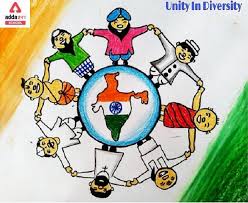
In the previous semesters we learned the nuances of society: the basic concepts and the institutions and the social processes. In the second year, are prepared to engage ourselves with the Indian society. With help of the basic concepts we study the various aspects of the country. We start with the composition of the Indian society. In this unit, we learn about the ethnic, religious and language and regional diversities in India. With that then we learn about the problems we face as Indians : the communalism, regionalism and language movement.
Then we learn about the recent trends in Indian family and Marriage systems followed y the recent trends in the caste and class politics in India.
Followed by than we learn about the trends of social mobility in Indian society such as the Sanskritization and the Modernisation.
Last but the not least we learn about the issues we face in the Indian society such as poverty and unemployment. in this section we also learn about teh section of constitutional safeguards for the section of woman, the SC & ST in Indian society.
- Teacher: Ankita Patra
- Teacher: Ankita Patra
"Psychological Research" delves into the dynamic and ever-expanding realm of the human mind, offering a comprehensive exploration of diverse methodologies, findings, and theories that shape our understanding of behavior, cognition, and emotion. This paper serves as a gateway to the intricacies of psychological inquiry, highlighting the pivotal role research plays in unraveling the mysteries of the human psyche. Through a concise and engaging lens, it invites readers to appreciate the scientific rigor and collaborative efforts that drive the evolution of our knowledge in the field of psychology.
- Teacher: Dr. Amrita Banerjee
This course is supposed to generate interest in students about the various literatures in English or English translation that have been produced by different cultures, linguistic communities and geo-political entities across the world. It would begin by throwing light on the evolution of the concept of World Literature from Goethe to contemporary pedagogic engagements. This would be followed by a glimpse into the changing understanding of World Literature from the colonial to the postcolonial context, the role of Translation Studies and Cultural Studies in constructing and reconstruction of World Literature and the finally how the neo-liberal politics if bestowing awards and accolades affects and shapes World Literature . It would provide a basic overview of the literatures of Canada , Australia, Africa, Caribbean Islands and East Asia.
- Teacher: Urmi Sengupta
- Teacher: Bijayanti Devi Haobam

This course explores the literature
written between 18th and 18th century England. The course will introduce students to selective Fiction and Non-Fictional texts that reflect a range of historical, cultural, and aesthetic values.
The course also reflects on the aspects of instruction, entertainment, society,
class, and gender as perceived in nineteenth-century England. The outcome of
the course is to initiate critical thinking in the students mind.
- Teacher: Indrani Bandyopadhyay
Students will be able to understand and aware of health care among all sections of the people and functionaries involved in the Hospital & Health System. To generate norms and standards for accreditation of the Health Care System and to improve health care quality in the community.
- Teacher: Somraj Singh Waikhom
- Teacher: Madhab Debnath
Objective of the course:
The primary objective of this course is to impart the basic comprehension and knowledge of molecular biology and molecular diagnostics to the students.
Course Outcomes:
i. Acquire knowledge on the molecular basis of life.
ii. Understanding of the molecular techniques and their application in medical laboratory.
iii. Understanding the principle behind the application of the molecular biology techniques in the diagnosis of disease.
- Teacher: Biraj Sarkar

Course Introduction:
The course is designed to learn about the basics of ECG, Echocardiography, Treadmill test and cardiac Catheterization and to get hands on skill to operate the related machines and diagnose the relevant diseases to aid in treatment process of patient.
course objective:
- To learn about noninvasive ECG
- To understand about ECG artifacts and its troubleshoot process
- To learn about echocardiography and stress testing
- To learn about invasive technologies related to heart
- Teacher: Sutapa Debnath

The Civil Procedure Code (CPC) is a legal framework that governs the rules and procedures for resolving civil disputes within a country's judicial system. It outlines the processes by which civil cases, which typically involve disputes between individuals, entities, or organizations over matters such as contracts, property, and personal rights, are initiated, conducted, and ultimately decided in a court of law. The CPC lays down guidelines for filing lawsuits, serving legal notices, conducting trials, presenting evidence, and obtaining judgments in civil cases, ensuring a structured and fair process for all parties involved in the litigation. Different countries may have their own versions of the Civil Procedure Code, tailored to their legal systems and practices.
- Teacher: Nayanjyoti Das

COURSE OBJECTIVES
1.To
give an overview to the students about law and legal
systems prevalent in the world and India in particular,
so that they can understand the jurisprudence of all
subjects taught to them over a span of three years.
2.To
learn the jurisprudential basis of various concepts
which are continuously being dealt within law in all manifestations.
3.To
encourage the students to adopt a pragmatic approach in
studying all the subjects in rhe
coming semesters by teaching them how to read cases and ways to merge legal
theory with practice.
4.To
make the students trace the evolution of law and legal
systems in different countries.
5.To
familiarize the students with the linkage of law with
other social sciences such as psychology, history, sociology, economics etc.
6.To
acquaint the students with the growth of legal
profession in India and the laws governing the profession.
COURSE OUTCOMES:
CO1. Understand and remember the concept, meaning, nature, scope and utility of jurisprudence which will increase, in consequence, disciplinary knowledge of the students.
CO2. Demonstrate comprehensive knowledge of jurisprudence & apply the knowledge to the complex socio-legal problems.
CO3.Analyze and critically evaluate practices in law, prepare arguments, estimate claims in cases on the basis of empirical evidence.
CO4. Interpret and develop Critical Thinking with the ability to identify aspects of the different thoughts of various schools of law, i.e. Natural Law school, Analytical school, Historical school, Sociological school and realistic school.
CO5. Develop the skills in application of law with analytical reasoning keeping in mind social needs and ends of justice.
CO6. Identify and evaluate the linkage of law with other social sciences such as psychology, history, sociology, economics etc.
CO7. Analyze and evaluate the concept of rights and duties, personality, possession and ownership. Understand and apply those concepts in legal profession and develop skills to communicate effectively on complex legal activities.
CO8. Understand the impact of the professional legal solutions in societal and environmental contexts for the shake of sustainable development. Interpret and device law for purpose of administration of civil and criminal justice
- Teacher: DR. Kabita Chakraborty
- Teacher: Nayanjyoti Das
Law of contracts in India defines Contract as an agreement enforceable by law which offers personal rights, and imposes personal obligations, which the law protects and enforces against the parties to the agreement. The general law of contract is based on the conception, which the parties have, by an agreement, created legal rights and obligations, which are purely personal in their nature and are only enforceable by action against the party in default.
- Teacher: Dr. Anindita Choudhury
The principal objective behind introducing the course is to improve the English language skill ability of the students, who come from the cross section of the society. Apart from that, other objectives are:
i.To improve the speaking ability of the student.
ii. To improve the writing ability of the student.
iii.To improve the listening skill of the student.
iv. To make them acquainted with the basics of literature.
- Teacher: Rupam N. Chattopadhyay

Indian and western philosophical topics will be discussed.
- Teacher: Dr. Sujit Debnath
- Teacher: Dr. Sujit Debnath
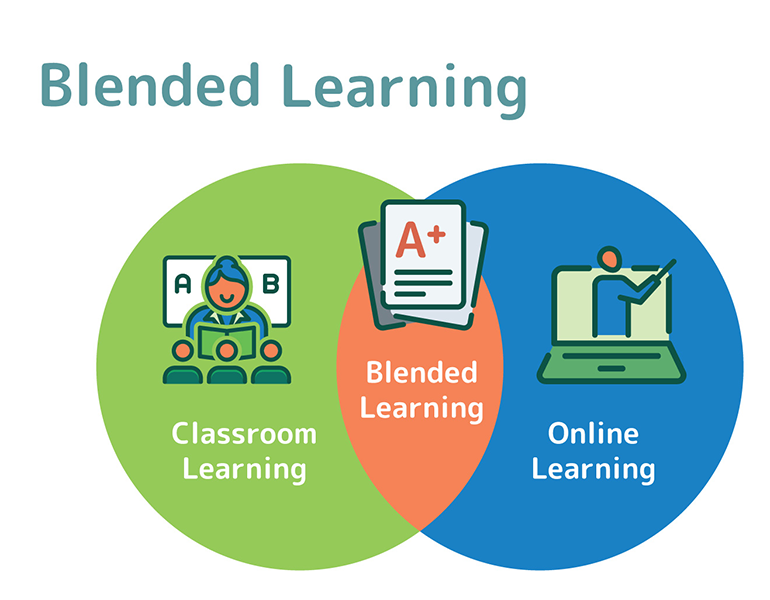
Training cum query session helps in providing a Blended-Mode of Learning. Training to develop asynchronous modules, provides mixed-mode of instruction, combining traditional place-based classroom methods with interaction online.
- Teacher: Arundhathi Bai
- Teacher: Teacher IUT
- Teacher: Bheem Pad Mahato
- Teacher: Dr. Swarnali Nath Choudhury

Faculty Development Program on creating a course on LMS helps in providing a Blended-Mode of Learning. Training to develop asynchronous modules, provides mixed-mode of instruction, combining traditional place-based classroom methods with interaction online.
- Facilitator: Arundhathi Bai
- Facilitator: Teacher IUT
- Facilitator: Bheem Pad Mahato
- Facilitator: Dr. Swarnali Nath Choudhury
The
aim of the subject is to develop a sound understanding of the hydraulic engineering.
This subject is a professional subject in which the students will learn how to
apply fundamental principles to practical situations.
- Teacher: Dr. Piya Biswas
- Facilitator: Arundhathi Bai
- Teacher: Mamoni Kalita
- Teacher: Ankita Chakraborty
- Teacher: Satyajit Mondal
Environmental Law
- Teacher: Mathew Nakhu
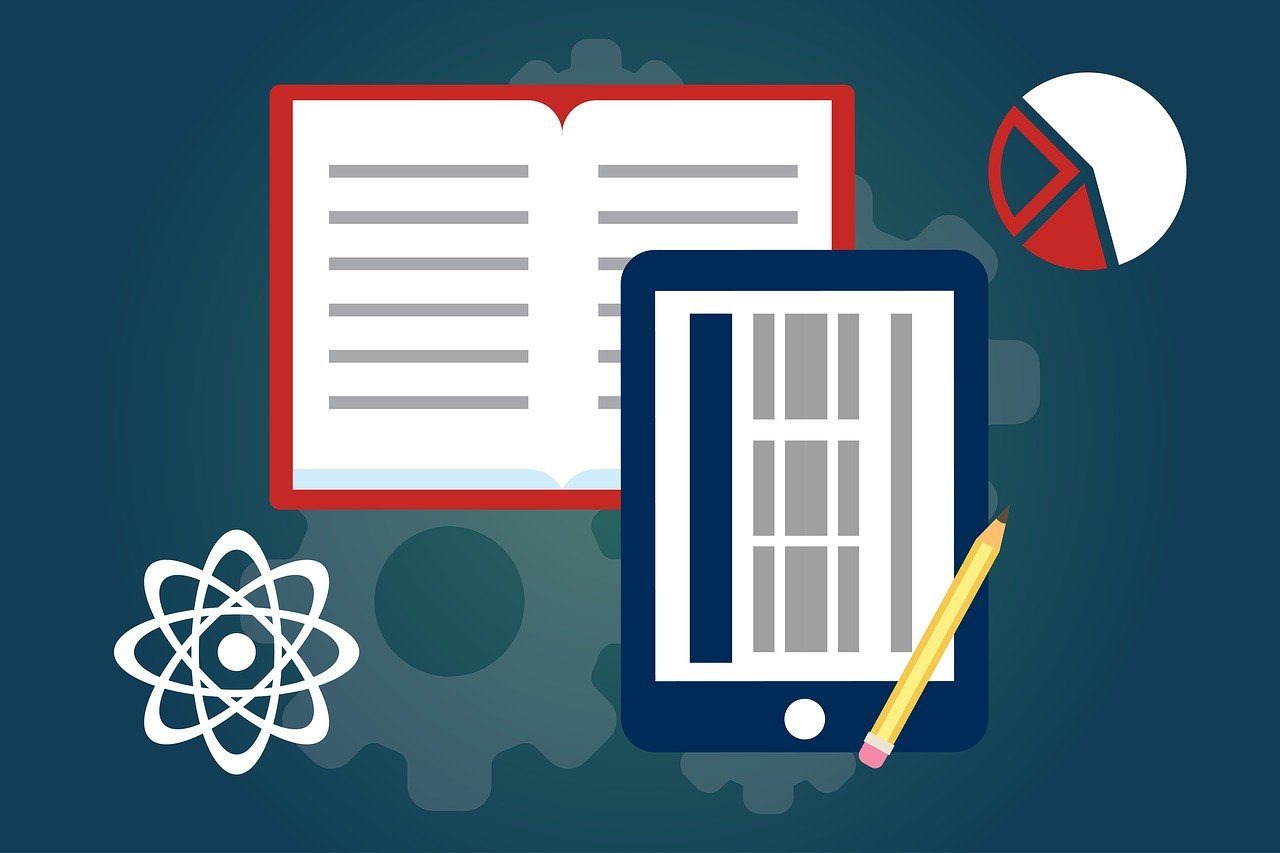
- Facilitator: Teacher 4
- Facilitator: Arundhathi Bai
- Facilitator: Bheem Pad Mahato
- Facilitator: Dr. Swarnali Nath Choudhury
- Facilitator: Sayantan Singha Roy
The Course envisages
introducing the students to the world of analytics in regard to human resources
of the organization. To make them prepared to take up different HR Issues in measurable
term and look for perceptible return from human resources
Objectives of the Course is to develop an understanding of the role and importance of HR analytics, and the ability to track, store, retrieve, analyze and interpret HR data to support decision making. To make the students aware of using the quantified measure in regard to human resources for the competitive advantage of the organization. To provide them an idea about different soft-wares being used in organizations for analysis
- Teacher: Prasanjit Dasgupta
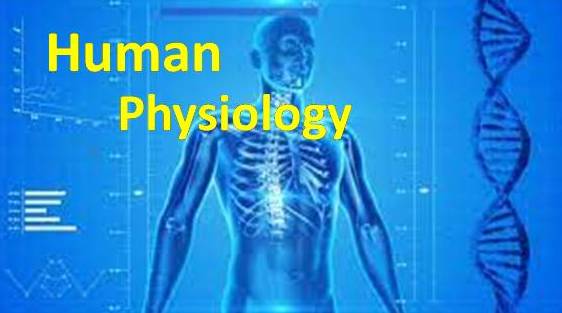
Human Physiology is the subject which deals with the functioning of the Human body and homeostasis among the various body functions.This postgraduate course will discuss in detail the organization of human body at the level of cells, formation of various tissues, organs, and body systems to take learner to the next level of physiological understanding after the undergraduate physiology course. This course will further discuss the functioning of all the human body systems like Cardiovascular system, Respiratory system, Digestive system, Excretory system, Nervous system, Musculo-skeletal system, Reproductive system, Immune system, Human genetics etc. and the molecular mechanism of functioning of vital organs, their inter-connection and homeostasis.
- Teacher: Priyatosh Nath
- Teacher: Gamidalah War
- Teacher: Dr. Dhananjoy Datta
- Teacher: Mamoni Kalita
- Teacher: Mamoni Kalita
- Teacher: Mamoni Kalita
- Teacher: Dr. Prasenjit Bal

This course introduces students to the pathology laboratory. It describes the use of the pathology laboratory in the diagnosis and treatment of various diseases.
- Teacher: Prasenjit Deb
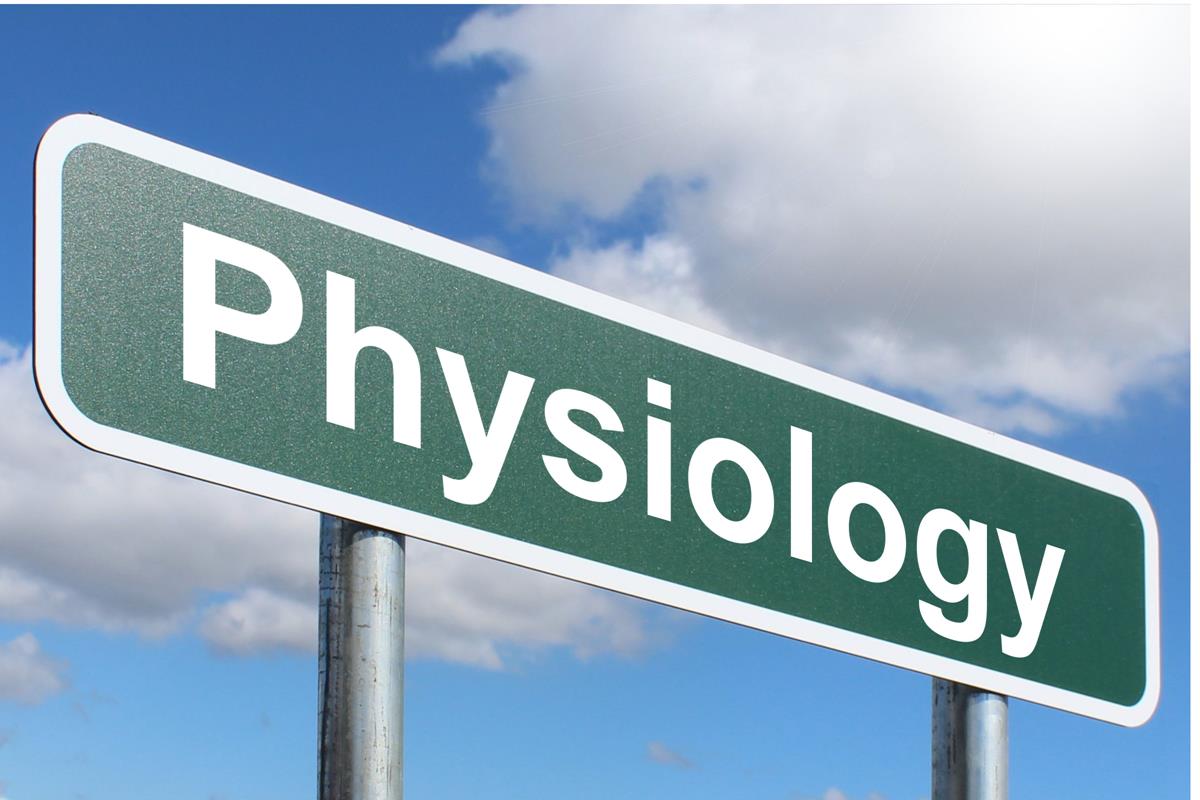
Physiology is the subject which deals with the functioning of the body and homeostasis among the various body functions.This undergraduate course will discuss the organization of human body at the level of cells, formation of various tissues, organs, and body systems. This course will further discuss the functioning of all the human body systems like Cardiovascular system, Respiratory system, Digestive system, Excretory system, Nervous system, Musculo-skeletal system, Reproductive system etc. and the functioning of vital organs, their inter-connection and homeostasis.
- Teacher: Priyatosh Nath
Introduction: The course gives an understanding of how business strategies and policies are framed in organizations and objectives set. The increasing importance of systematic planning in every organization with considerable understanding of external and internal environments and their alignment is crucial for long term survival and growth. The understanding of systematic methods of decision making or strategies can imbibe a scientific temper and help them to become more systematic and rational decision makers, a must for any manager.
Learning Objectives: The course helps in understanding the concepts of strategic management, strategic management process and analyzing business environment and also business organizations. It also throws light in the process of formulating corporate level, business level and functional level strategies. The implications of implementing such strategies and their impact on the internal and external environment are also analyzed.
Learning Outcome: The students will have better understanding of the rationale based on which strategies are formulated and how they need to be implemented. A more focused approach to organizational issues and the ability to develop a scientific approach to problem solving with systematic planning.
- Teacher: PRIYABRATA ROY
- Teacher: Rishabh Shekhar

This course shall cover the main approaches to English literary criticism from its formal beginnings up to the present times which will help students to develop a critical questioning approach, and which in turn is essential for the study of literature and future research.
- Teacher: Indrani Bandyopadhyay
Skip course categories
Course categories
Skip site announcements
Site announcements
There are no discussion topics yet in this forum





